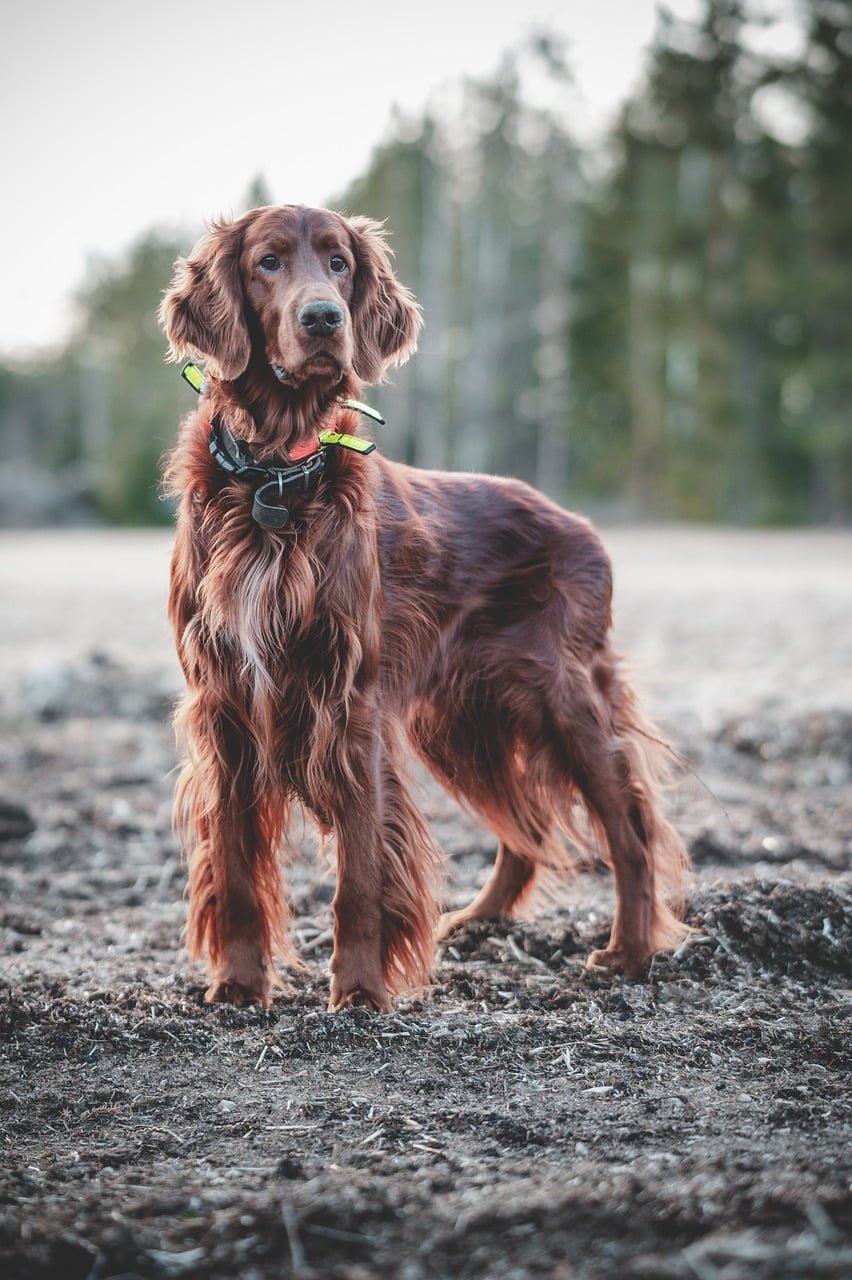
Understanding and managing leash reactivity in dogs is crucial for maintaining their health and well-being, ensuring both you and your furry friend can enjoy stress-free walks. This comprehensive guide delves into the reasons behind leash reactivity, explores effective training techniques, and highlights the importance of proper nutrition and veterinary care. By learning how to recognize the triggers and providing your dog with natural health supplements and a balanced diet, you can support their overall health and help them become a more relaxed and happy companion. With advice from veterinary experts and tips on supporting your dog’s mental and physical wellness, you’ll be well-equipped to handle leash reactivity and create a positive environment for your canine friend. Have you ever found yourself in a situation where your usually calm and collected dog suddenly turns into a barking, lunging whirlwind the moment you clip on their leash? If yes, you’re not alone. Many dog owners experience this perplexing behavior, commonly known as leash reactivity. Let’s dive deep into understanding and managing leash reactivity for the health and well-being of your canine companion.

Understanding Leash Reactivity
What is Leash Reactivity?
Leash reactivity in dogs is a behavior issue where dogs exhibit aggressive or overly excited behaviors when on a leash. This includes barking, lunging, or growling at other dogs, people, or objects while being walked on a leash.
Causes of Leash Reactivity
Just like humans, dogs have different triggers and reasons for their behavior. Leash reactivity can stem from various factors, such as:
- Fear or Anxiety: Your dog may feel threatened or scared.
- Frustration: Unable to reach a person, dog, or object they’re interested in.
- Lack of Socialization: Limited exposure to other dogs or people.
- Past Trauma: Negative experiences in similar situations.
- Protective Instincts: Defending their territory or you.
Understanding the underlying cause is the first step toward managing leash reactivity effectively.
The Importance of Canine Health and Well-being
Impact of Leash Reactivity on Health
Leash reactivity isn’t just a behavioral issue; it can also affect your dog’s overall health. Stress and anxiety can lead to problems like:
- Gastrointestinal Issues: Stress can cause diarrhea or constipation.
- Skin Problems: Anxiety might lead to excessive scratching or licking.
- General Malaise: Chronic stress can weaken the immune system.
Maintaining a Healthy Diet
A balanced diet plays a crucial role in maintaining your dog’s overall health and well-being. Talk to your vet about the best diet plan for your dog to ensure they get all the essential nutrients.
Here’s a quick reference table on dietary supplements that can support your dog’s health:
| Supplement Type | Benefits | Best For |
|---|---|---|
| Omega-3 Fatty Acids | Healthy skin and coat, joint health | Dogs of all ages |
| Glucosamine and Chondroitin | Joint health, supports cartilage health | Senior and active dogs |
| Probiotics | Supports healthy bowel movements | All dogs |
| Multivitamins | Provide essential nutrients | Dogs with dietary gaps |
Probiotics and Digestive Health
Probiotics can be a beneficial supplement to support your dog’s digestive health, especially if they experience stress-related gastrointestinal issues. Probiotics help maintain a healthy balance of gut bacteria, supporting digestion and a normal inflammatory response.

Managing Leash Reactivity
Training Techniques
Effective training techniques can significantly reduce leash reactivity. Here are some methods to consider:
Positive Reinforcement
Reward your dog for calm behavior. Use treats or praise to encourage them when they walk without reacting.
Desensitization
Gradual exposure to triggers at a distance where your dog feels safe can help reduce their sensitivity over time. Slowly decrease the distance as your dog becomes more comfortable.
Counter-Conditioning
Change your dog’s emotional response to triggers by associating them with positive experiences. For example, if your dog reacts to other dogs, give them a treat every time they see another dog.
Seeking Professional Help
Sometimes, despite your best efforts, it may be challenging to manage leash reactivity on your own. Consulting a professional dog trainer or a veterinarian behaviorist can provide you with tailored strategies and support.
Health Products to Support Canine Wellness
Adding specific health products and supplements to your dog’s routine can support their overall well-being and potentially reduce reactivity.
Supplements for Joint Health
Glucosamine and chondroitin supplements are often recommended to support joint health, especially in senior dogs. They help maintain healthy cartilage and reduce discomfort, which can make walks more enjoyable for your furry friend.
Skin and Coat Health
Omega-3 fatty acids are excellent for promoting healthy skin and a shiny coat. They also have anti-inflammatory properties that can benefit dogs with stress or anxiety.
Dental Health
Dental health is crucial for your dog’s overall well-being. Regular dental cleanings and chewable dental products can prevent oral health issues that might add to your dog’s stress and discomfort.
Natural Remedies and Organic Products
Natural and organic health products can be a safer alternative for dogs sensitive to certain ingredients. Always look for products with high-quality ingredients and consult your vet before adding new supplements to your dog’s diet.
| Product Type | Benefits | Also Supports |
|---|---|---|
| Organic Dog Health Products | Overall well-being, fewer side effects | Dogs with allergies or sensitivities |
| Natural Dog Remedies | Stress relief, promotes calmness | Dogs with anxiety |
| High-Quality Chew Toys | Dental health, stress relief | Boredom and destructive behavior |
Importance of Regular Veterinary Check-ups
Regular veterinary check-ups are essential for maintaining your dog’s health. They help identify any potential health issues early and ensure that your dog’s supplement and diet regimen is appropriate for their age, size, and breed.

Responsible Dog Ownership
Vaccinations and Preventative Care
Keeping your dog’s vaccinations up to date is crucial for their health and safety. Preventative care treatments, such as flea and tick control, can also prevent health issues that might exacerbate stress and reactivity.
Understanding Your Dog’s Needs
Every dog is unique, and understanding their specific health needs is a vital aspect of responsible ownership. Factors such as breed, age, and any existing health conditions should be considered when managing leash reactivity and overall well-being.
Conclusion
Understanding and managing leash reactivity is essential for your dog’s health and well-being. With patience, the right training techniques, and support from health products and supplements, you can help your dog become calmer and more comfortable on walks. Remember, every dog’s journey is unique, so be patient and consult professionals when needed. Your proactive steps in addressing leash reactivity will undoubtedly contribute to a happier and healthier life for your beloved canine companion.







